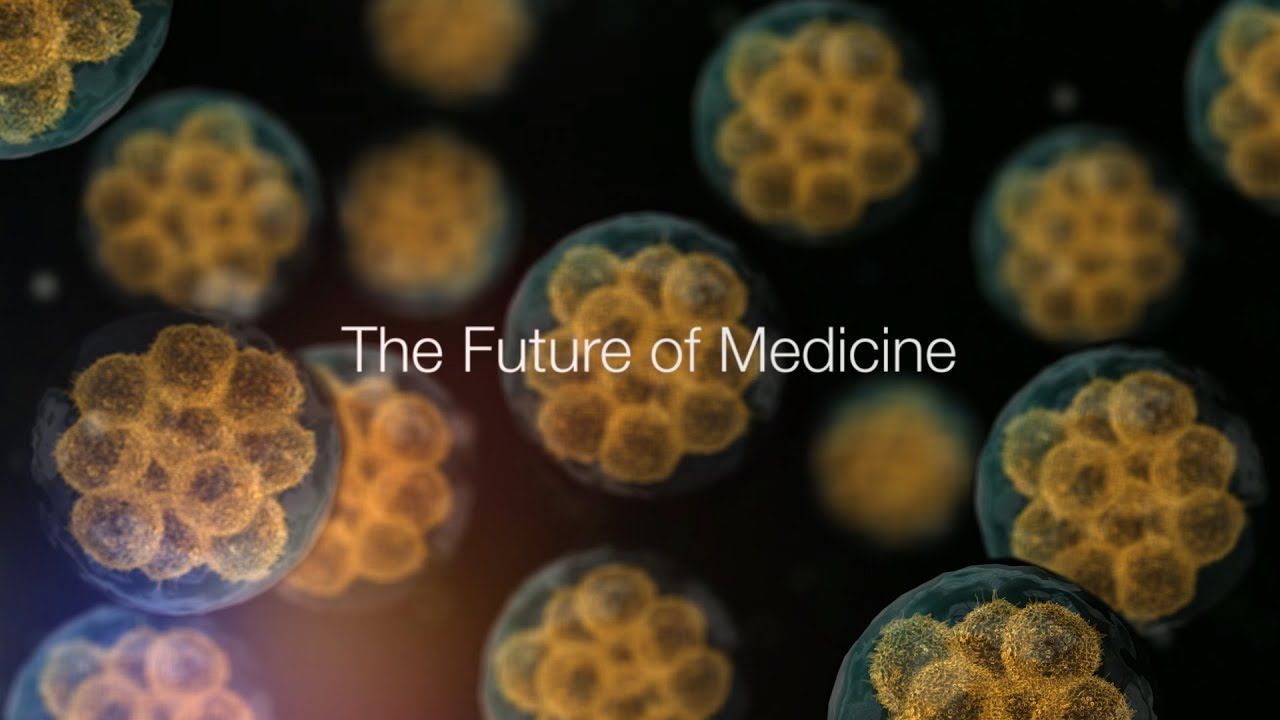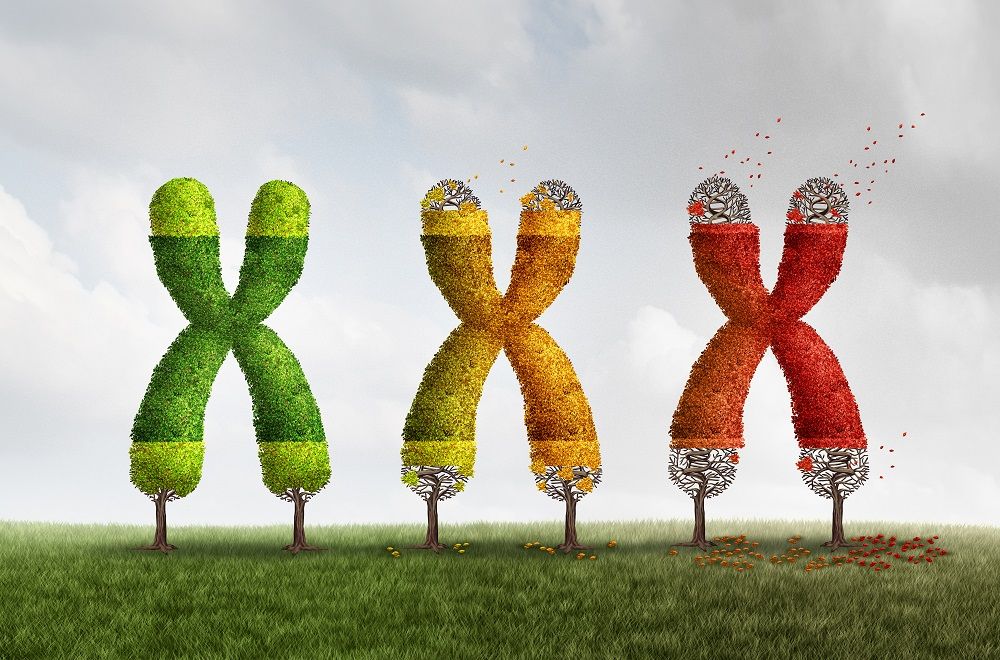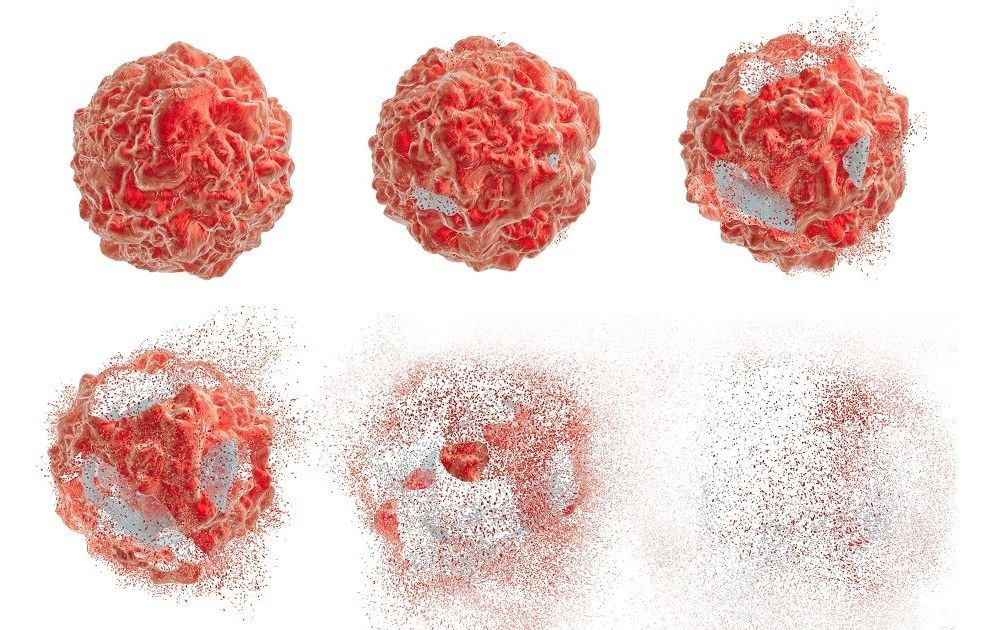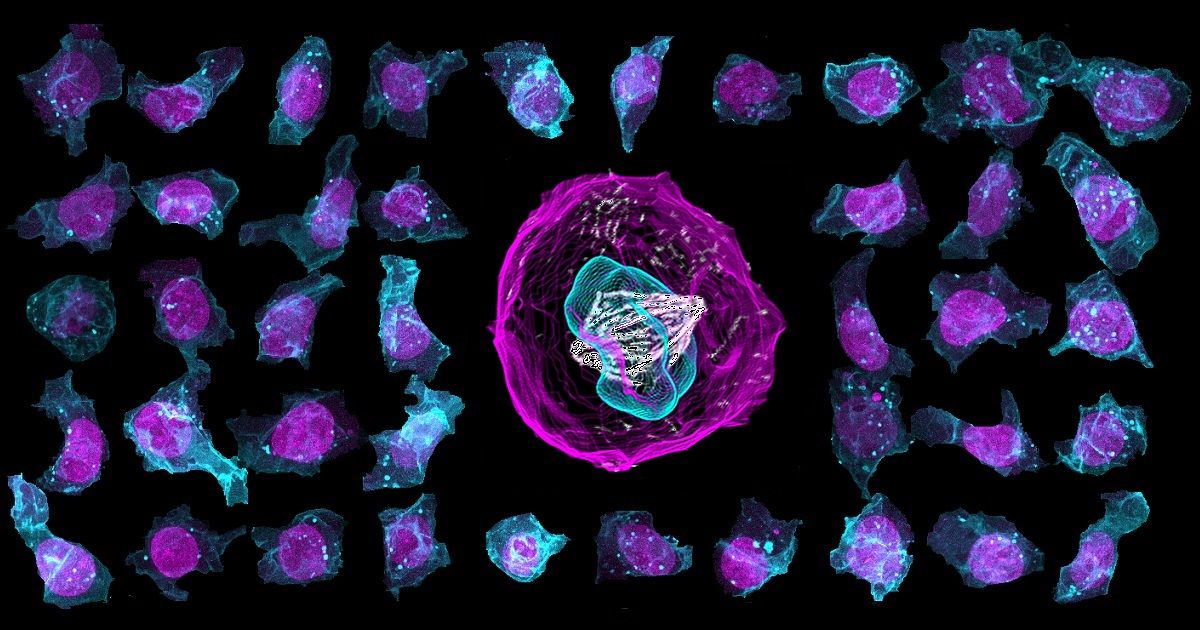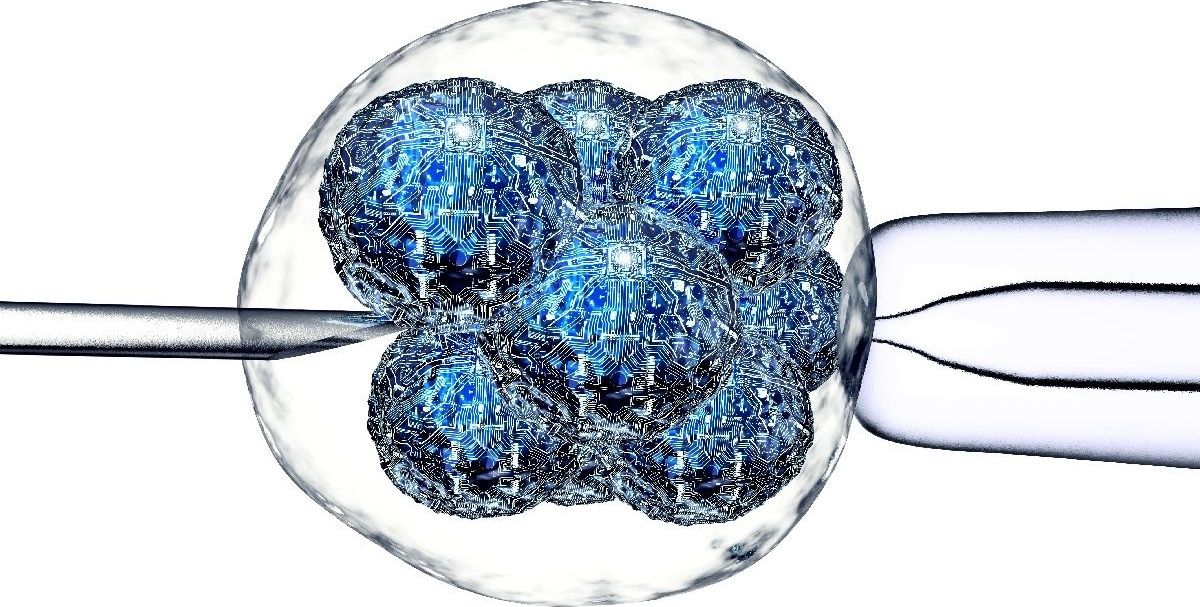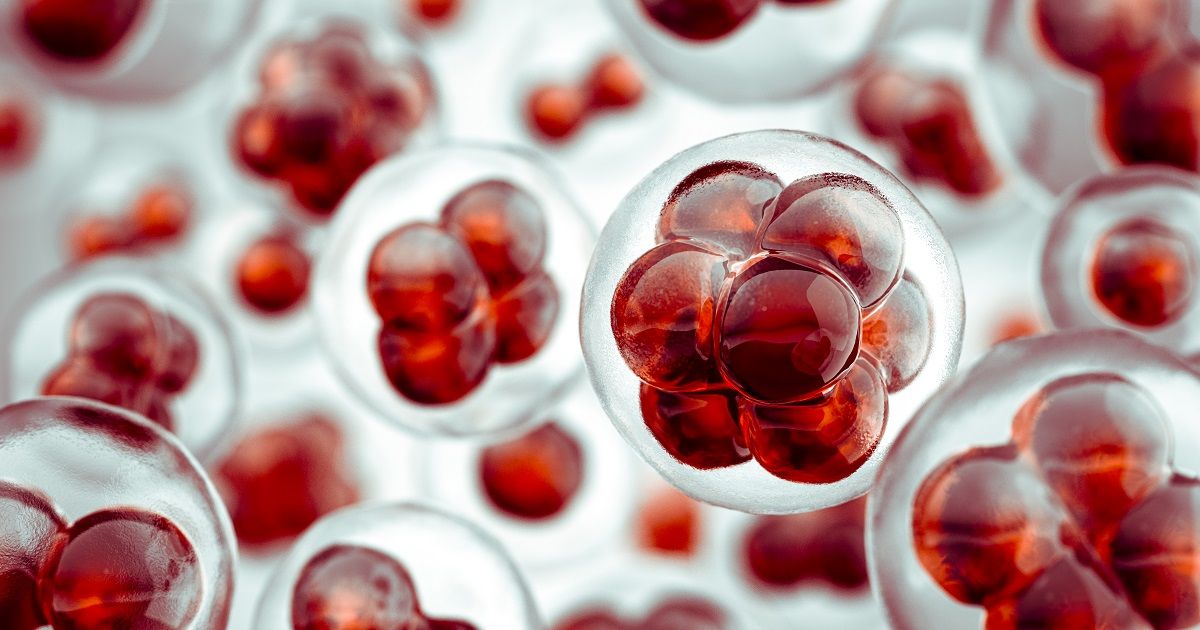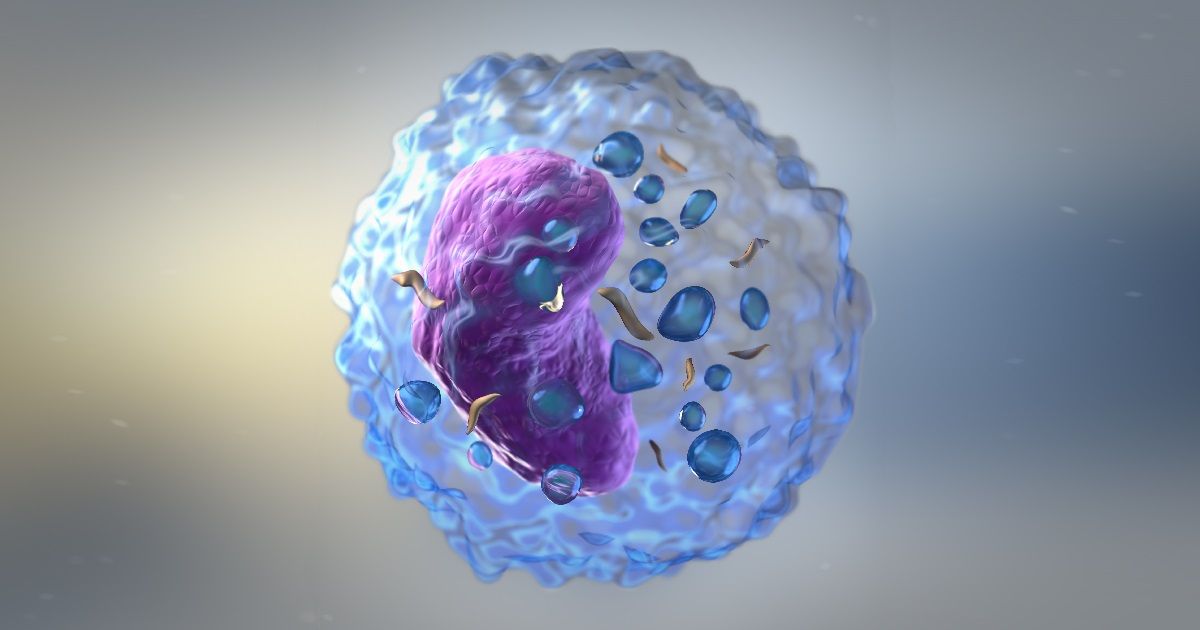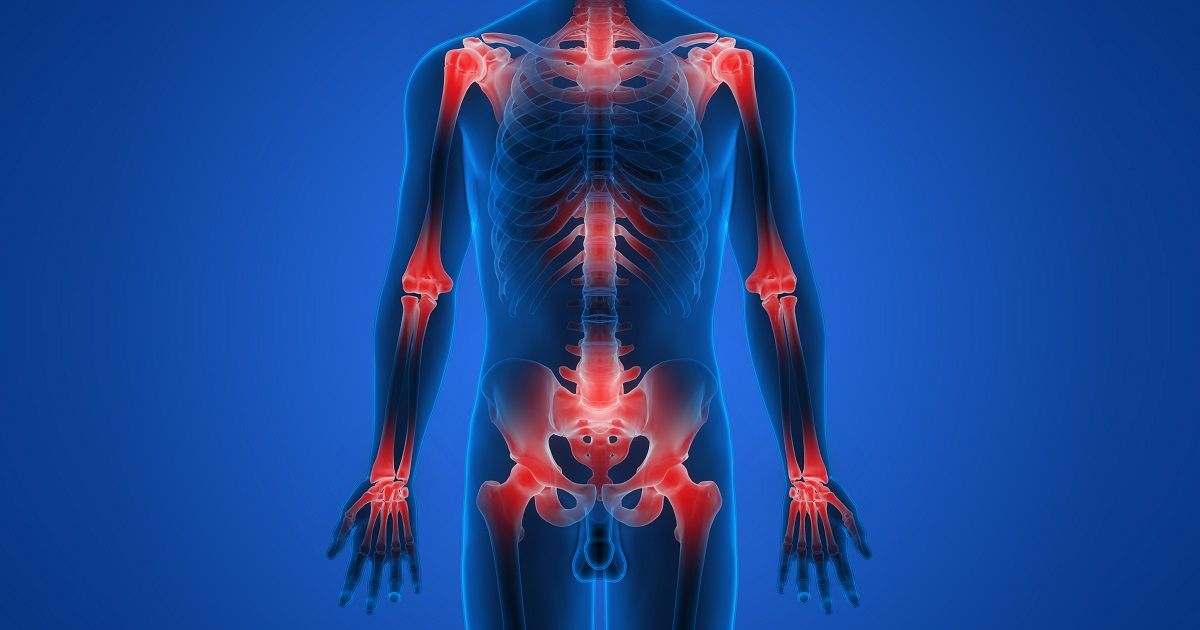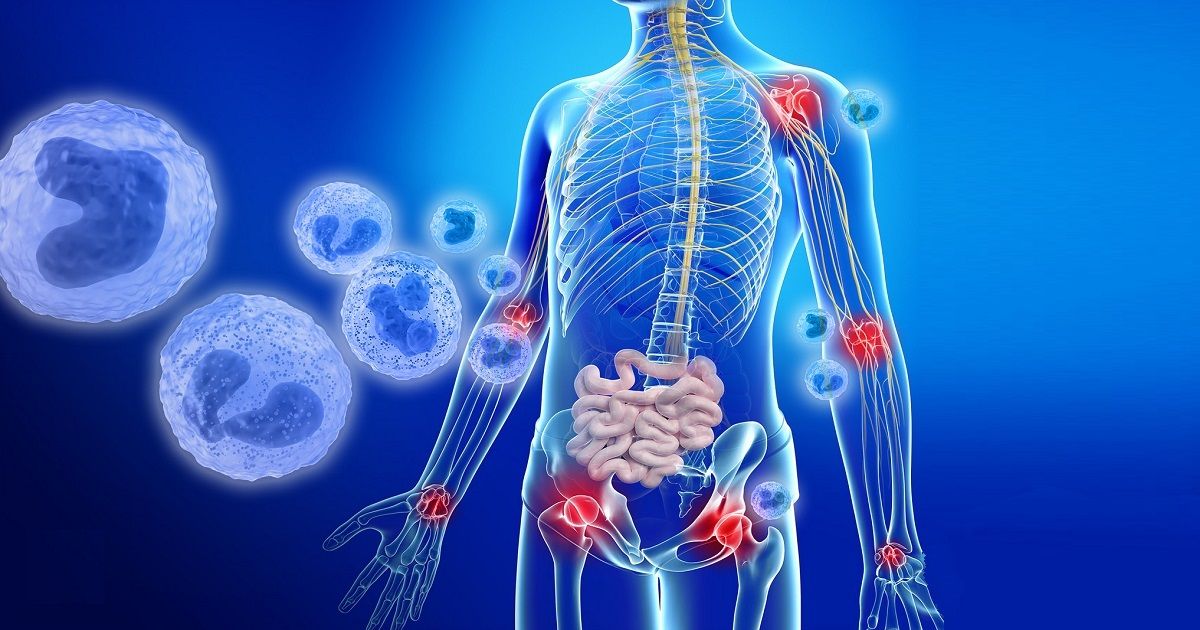Oct 15, 2017
Synthetic organs, nanobots and DNA ‘scissors’: the future of medicine (w/video)
Posted by Klaus Baldauf in categories: biotech/medical, nanotechnology
Nanobots that patrol our bodies, killer immune cells hunting and destroying cancer cells, biological scissors that cut out defective genes: these are just some of technologies that Cambridge researchers are developing which are set to revolutionise medicine in the future.
In a new film to coincide with the recent launch of the Cambridge Academy of Therapeutic Sciences, researchers discuss some of the most exciting developments in medical research and set out their vision for the next 50 years.
